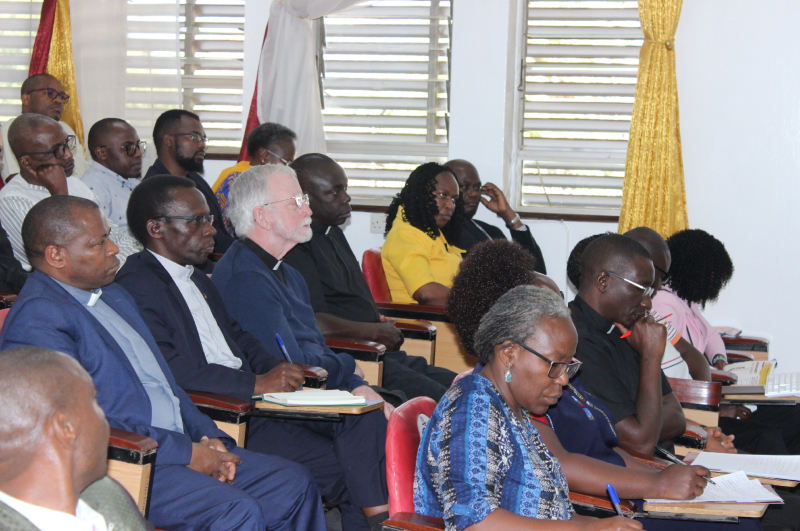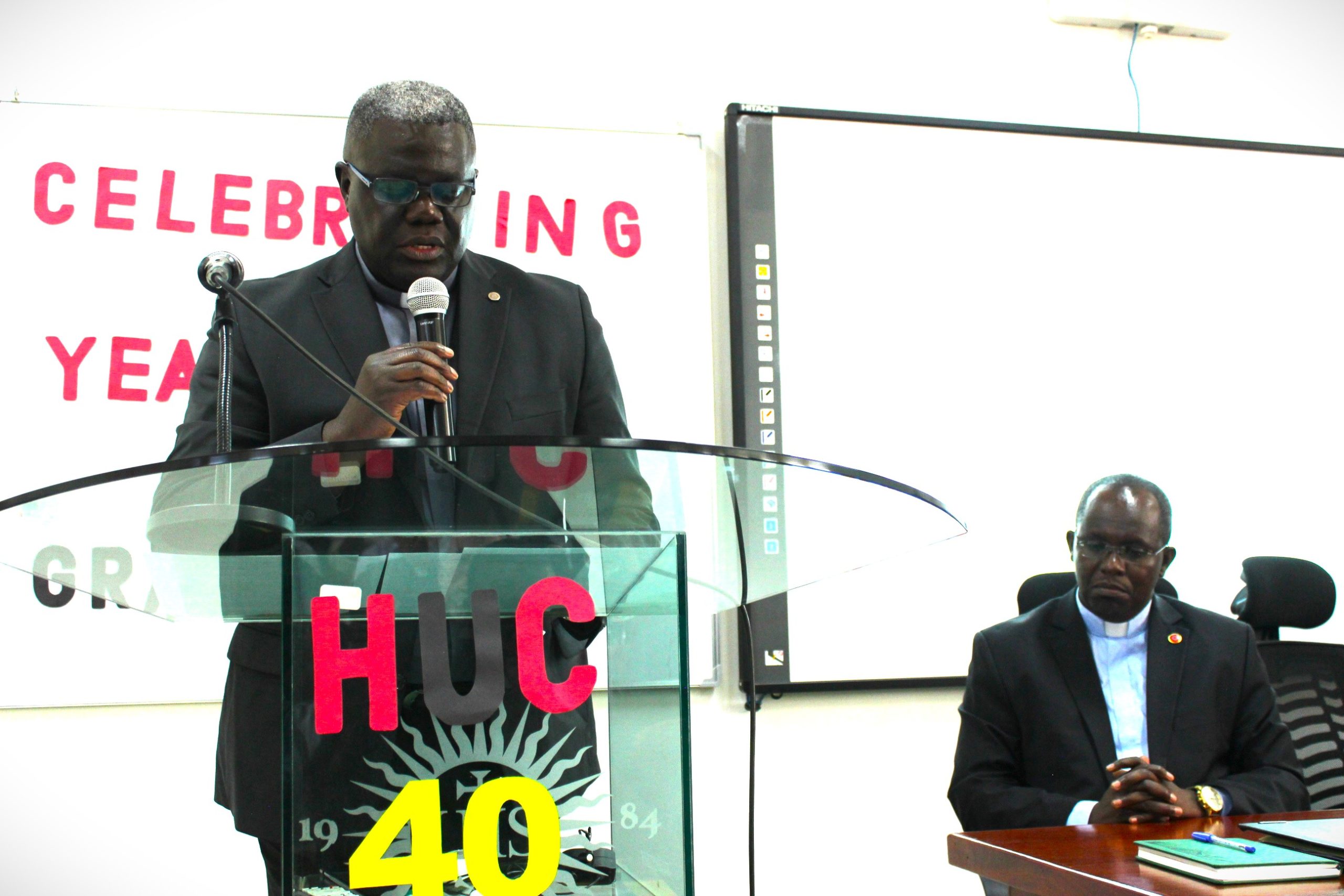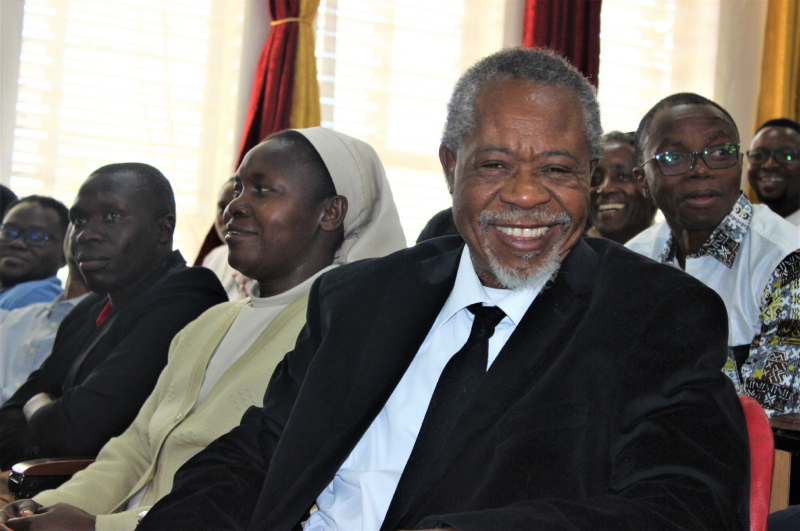

Hekima University College (HUC) celebrated its 40th anniversary on 19 August 2023.
Founded in 1984 as the Jesuit School of Theology to form members of the Society of Jesus for the priesthood, the institution has since evolved to include students from about fourteen local and international religious congregations and a growing number of lay people.
HUC has stood as a centre of formation and research, offering an integral and contextualised education based on the tradition of the Church and the Jesuit charism.
Training of pastoral leaders
With two cycles in theology, a certificate in pastoral leadership, and a diploma in religious education, the college offers a variety of training options to lay and religious students, including from more than a dozen local and international religious congregations. The training it provides is also aimed at teachers and catechists seeking to deepen their understanding of the Christian faith and anyone seeking to develop skills in pastoral leadership. In line with Ignatian spirituality, the institution also offers a certificate in spiritual direction.
An institute to foster peacebuilding
According to the director of HUC, Fr. Marcel Uwineza, SJ, by reading the signs of the times and responding to the acute need for peace and international cooperation within the African continent, HUC in 2004 established the Hekima Institute of Peace Studies and International Relations (HIPSIR). The institute offers a master’s degree in Peace Studies and International Relations and certificate courses in Conflict Resolution, Peacebuilding and Reconciliation, and Project Management and Leadership. Since its establishment, the institute has offered a graduate-level peace and international relations program that attracts students of various nationalities and backgrounds. HIPSIR aims to train leaders capable of meeting contemporary security challenges “by working to transform conflicts and construct peace", he said. Fr. Marcel further pointed out that besides the courses, the monthly conferences organised by the institute, known as Hekima Peace Forum, have helped to promote networking and collaboration with experts in the field and other academic institutions, research institutions, international organisations, and civil society.
Integral formation in an ecumenical context and respect for others
The vision that animates this eminent formation centre is the resolve to "combine Integral Human Formation with Higher Education". HUC is committed to preparing men and women for the challenges of the present world by fostering a faith that does justice. This is shown by seeking with dedication and integrity the truth that liberates people. HUC has an inclusive ecumenical and interreligious formation, says Fr. Marcel, who also points out that students of all faiths are welcomed at HUC.
At the forefront of formation is the protection of children and the prevention of abuse
The college is at the forefront of promoting a consistent culture of protection. This is done through rigorous training in safeguarding and the prevention of abuse of children and vulnerable adults by the Jesuit Centre for Safeguarding in Africa (JCSA). Participants in this programme learn the skills needed to foster a safe work and living environment for all.
Affiliated with the Catholic University of Eastern Africa (CUEA), Hekima College also has other institutes, such as the Jesuit Historical Institute in Africa (JHIA) and the Centre for Research Training and Publications (CTRP), which "coordinates research initiatives in theology and various issues relating to peace".
Related Articles
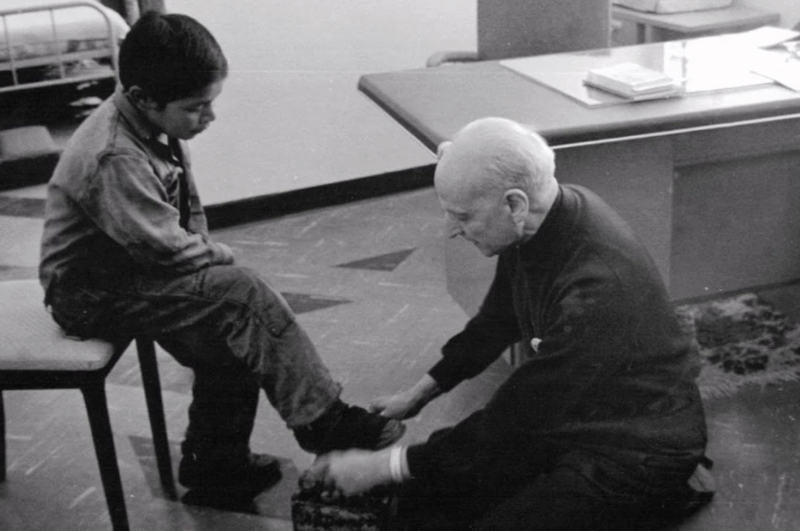
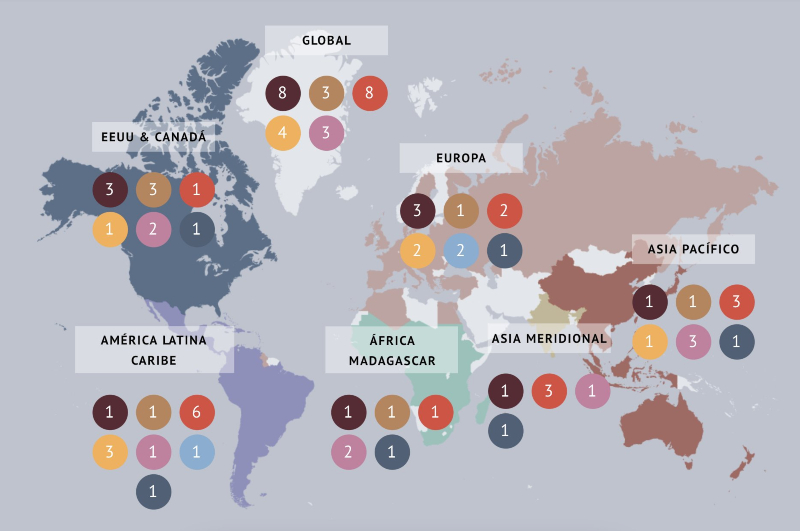
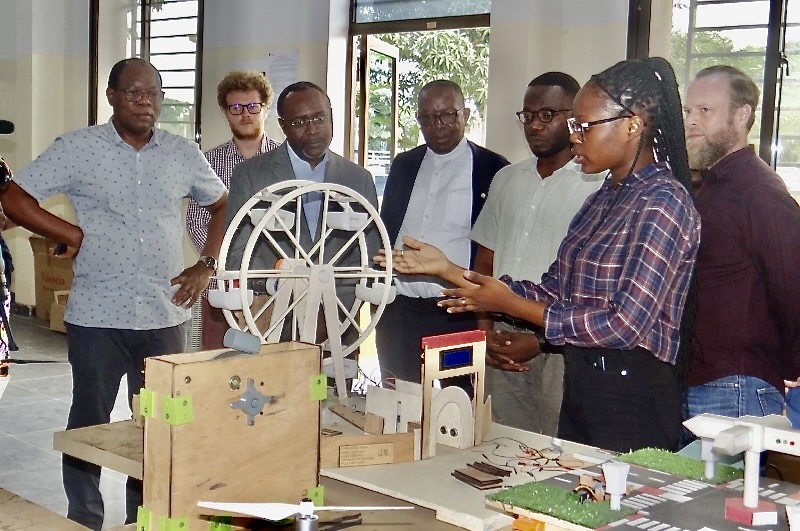
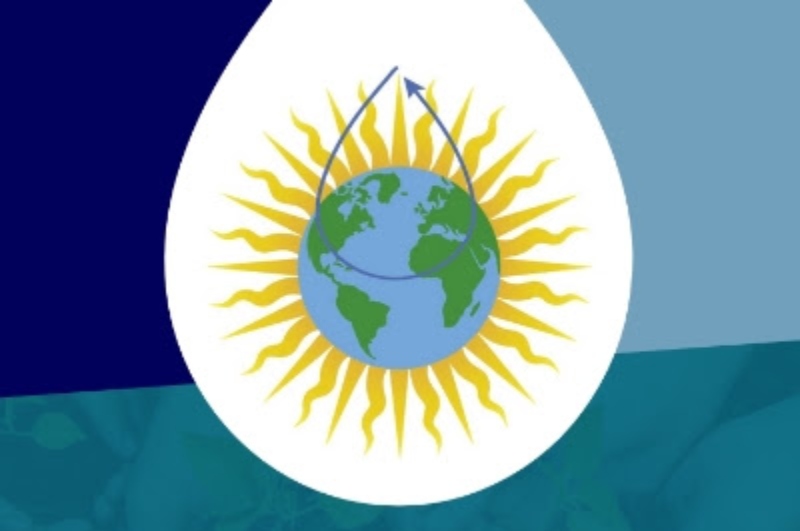
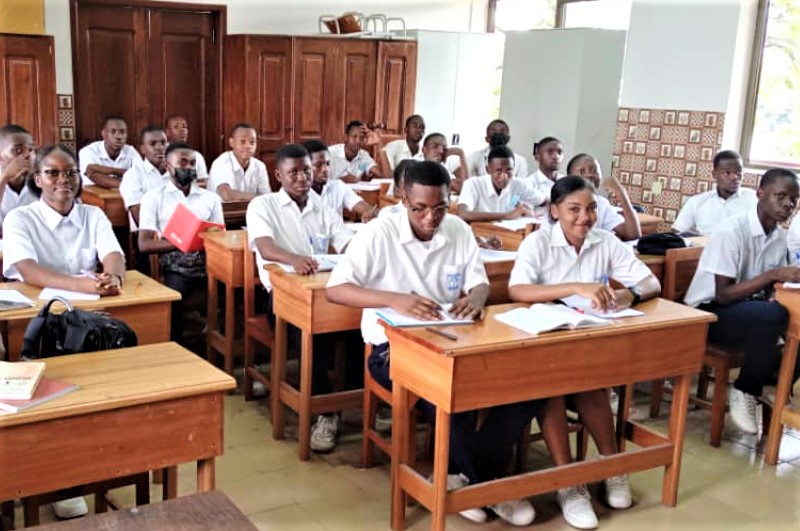

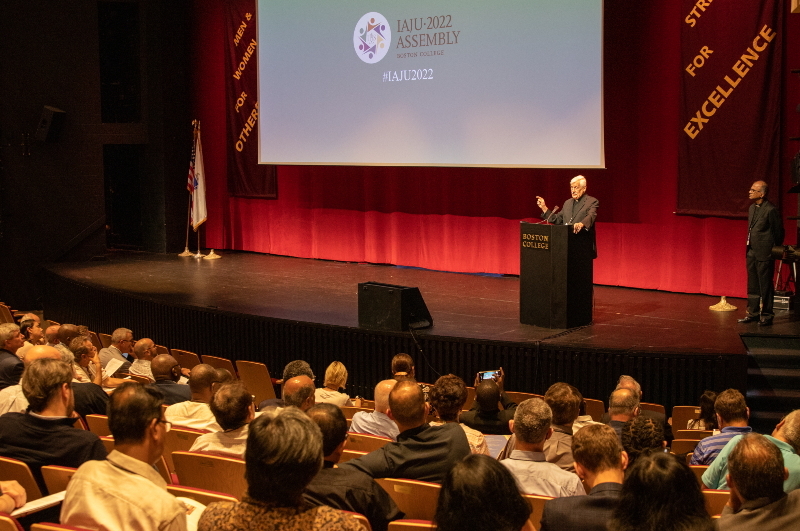
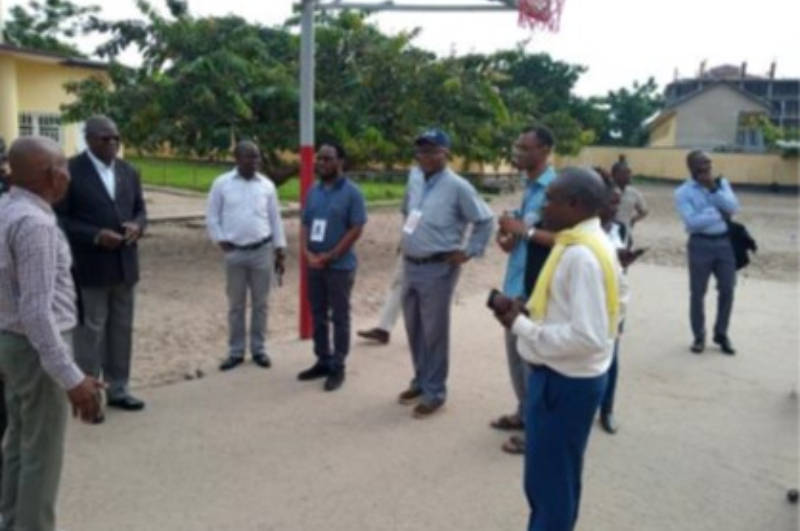
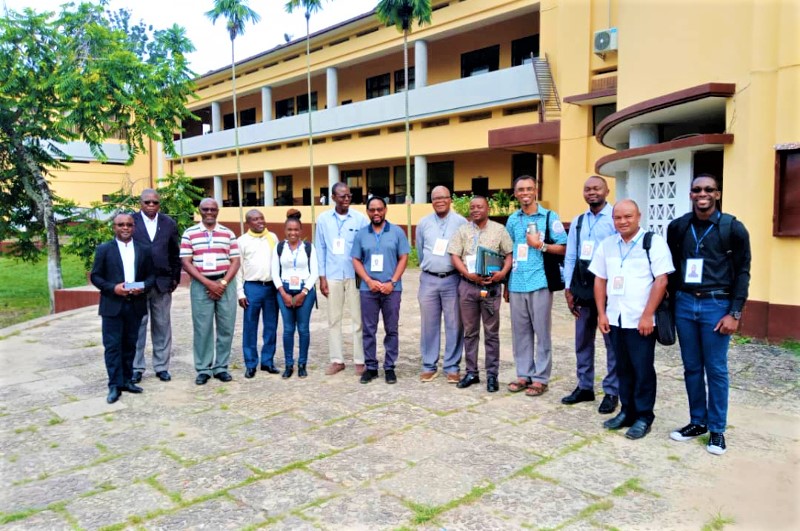
Select Payment Method
Pay by bank transfer
If you wish to make a donation by direct bank transfer please contact Fr Paul Hamill SJ treasurer@jesuits.africa. Fr Paul will get in touch with you about the best method of transfer for you and share account details with you. Donations can be one-off gifts or of any frequency; for example, you might wish to become a regular monthly donor of small amounts; that sort of reliable income can allow for very welcome forward planning in the development of the Society’s works in Africa and Madagascar.
Often it is easier to send a donation to an office within your own country and Fr Paul can advise on how that might be done. In some countries this kind of giving can also be recognised for tax relief and the necessary receipts will be issued.


